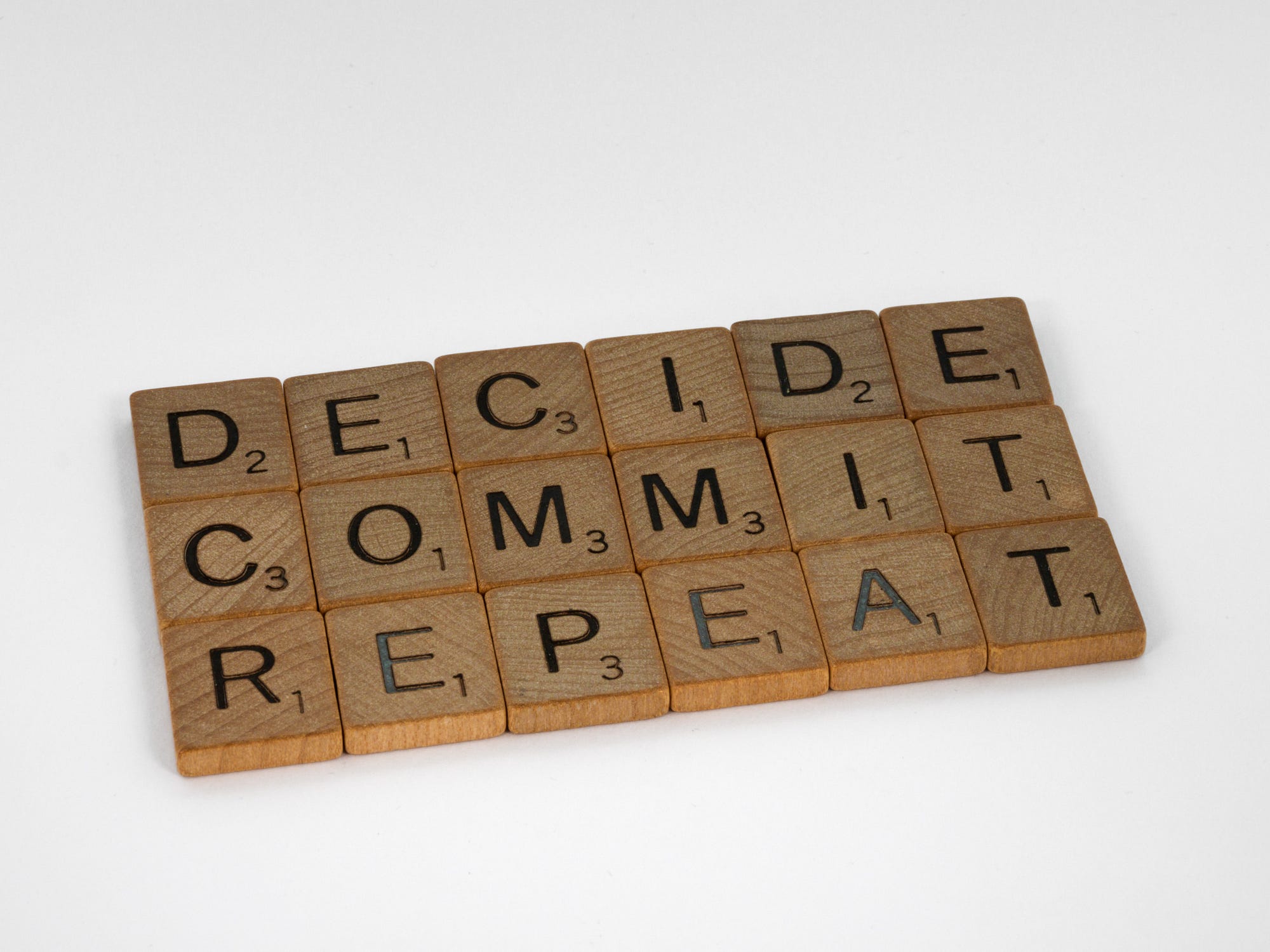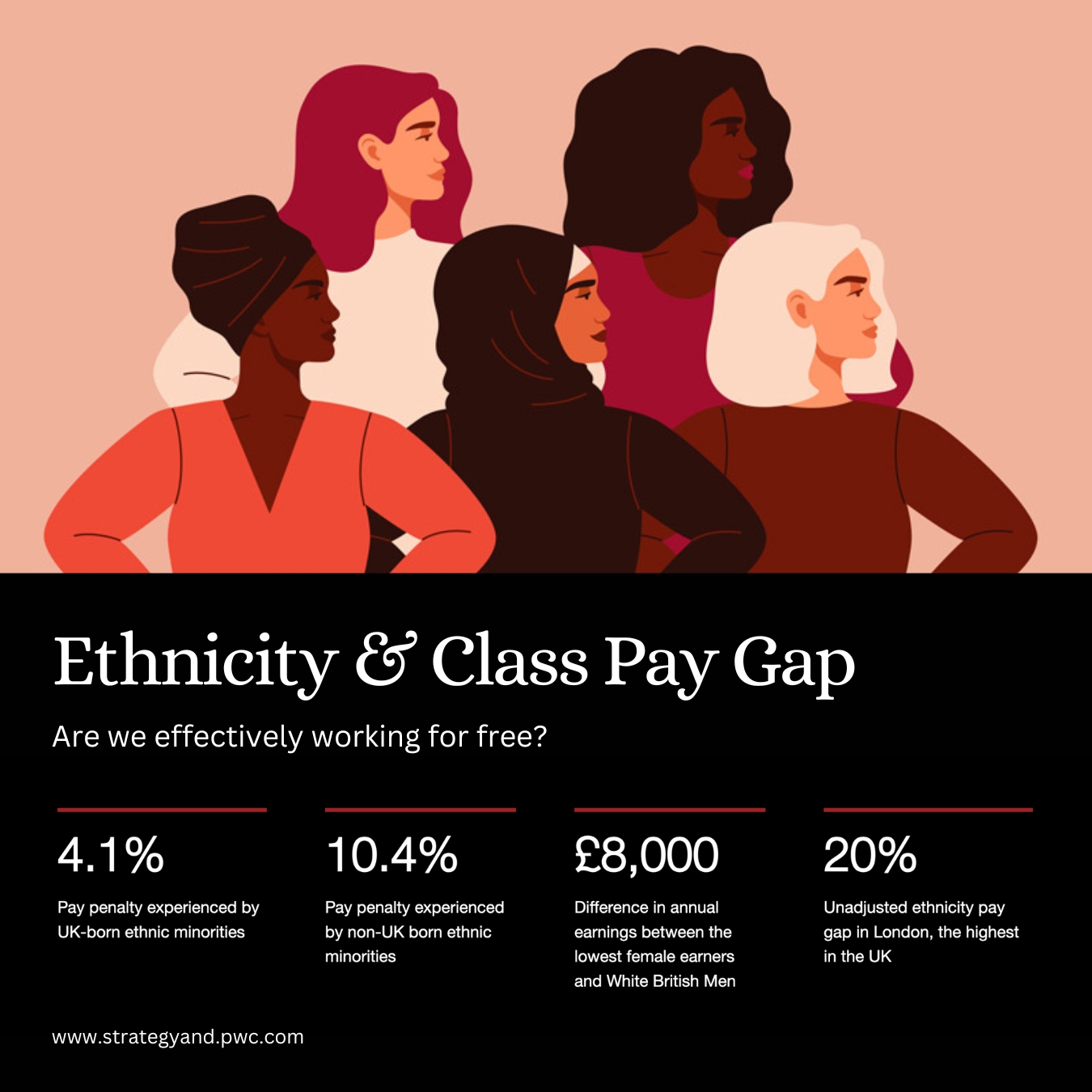
Navigating In-House Roles vs Agency Roles as a Brand and Digital Marketer
As user interaction with technology has evolved over the last decade, marketing evolved too. We moved away from watching timed TV shows — to Facebook vines, YouTube videos and 60 second Tiktok clips. All in a matter of a few years. This change in behaviour, social engagement, and preferences in entertainment caused the field of digital marketing to explode in a way that we hadn’t quite anticipated. Great news for all digital marketers. But now what?

If you’re new to the field, it may seem like a minefield to navigate. No doubt there are many opportunities, but where to begin? Should you join a corporation’s in-house efforts, or become part of an agency whose sole focus is digital marketing? These choices can shape your career, but which is right for you may depend as much on personal factors as market realities. To make it easy, here’s a list of pros and cons of both.
Pros: In-house marketing
- All of the focus is on one brand and its products and services. This will enable you to embody the brand’s values and its offering. You also get to be part of the journey to see how these evolve with time.
- Work with one (small or large) team who share a common goal.
- If something doesn’t work, there is generally more flexibility and time to pivot and adjust efforts.
- Job security: Your role within the company is usually secure and rarely entirely performance based.
- If you want to learn a lot, you’ll have ample opportunity and can pick things up from other departments / team mates easily.
Cons: In-house marketing
- Efforts can become stagnant or redundant due to sameness. This can lead to feelings of dissatisfaction with work.
- Your pay/salary may be lower in comparison to agency due to higher cost of running an in-house department and more steady pay.
- May become specialised in one niche and not gain much experience with other services/products.
- Work may be more independent, depending on how big the department is. This can lead to much greater pressure for positive outcome.
Pros: Marketing Agency
- Enjoy a greater variety of work with new projects, brands, and products/services.
- You’ll meet some of the best people you’ll ever work with, ever!
- There’s a constant positive feeling that you’re solving big problems — and that can be highly motivating and rewarding.
- Gain a lot of accidental but valuable skills in selling, pitching, planning, presenting and communication.
- Generally fast-paced with more defined due dates. (Doubles as a negative).
- Often more flexible working — ie. get the job done, and chill after.
Cons: Marketing Agency
- May feel more pressure to meet tight deadlines and unrealistic client demands.
- Hyper-competitive, so although you’re collaborating and working together to achieve the same goals — who looks best? Who is kicking more ass? You can quickly find yourself on the ‘outside’ if you can’t keep up the pace needed to get s**t done!
- Salary may be project-based, which means more uncertainty.
- Different clients moving in and out means less time to get familiar with brand values, products, and services — also, less desire to ‘care’ as much.
- No excuses allowed, there is often little if any room for error. Impress the client or prepare for the possibility of losing them, which means lost time, effort, and gains — plus those ‘side eye’ moments from your colleagues.
Some additional things to keep in mind
Depending on where you are, personal factors such as gender and race can also play a role in your experiences. While there has been greater awareness and shift towards inclusivity of gender and race by brands at large in the content they publish, the same can’t always be said about equal representation in the workplace. There are still both gender and POC disparities in the field biased towards young, white males according to some sources. The bad news is that if you are POC and/or female, there is still room for a battle to even the field. The good news is that it is a closing gap, with both more women and POC joining the arena.

Conclusion
If you can, try both. In my experience, there is so much to gain for both. Working agency side, gave me structure, process and made me methodological it also taught me how to storytell and ‘sell’ ideas and a vision of possibilities. Working in house gave me grit, and hands on implementation skills (i.e — walking the walk) and I learned how to wear many hats, deal with (or choose not to deal with) office politics — which seems to be less prevalent in agency world, at least in my experience.
I began the core of my career in-house and I think it set a strong foundation, although I was learning a lot ‘on the job’ and figuring things out as I went. I made a conscious decision to throw myself into an agency, as I always felt there were some secret super powers that would equip me to do a better job — and I personally found this to be true. Ultimately, I decided to go back to in-house roles so that I would feel closer and more connected to the journey and results of my efforts.
If you’re considering switching either way, my advice would be to give it a try if an opportunity presents itself. People often find it’s slightly more difficult to ‘get in’ to agency world when you’ve spent your career in-house. Difficult but certainly possible, especially if you have charisma and a winning mentality.
Article images:
Brett Jordan
Leon






